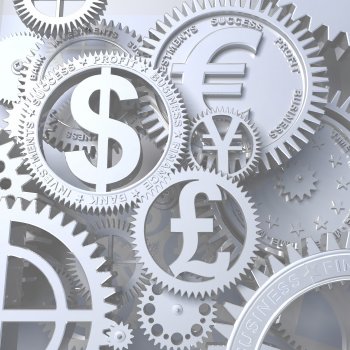Jul 18 2011
This week sees the unveiling of a new partnership - British Plastics & Rubber has partnered with Smart Currency Exchange, one of the UK's leading international payments and currency exchange specialists. The partnership will help plastics companies to understand the key currency exchange issues facing the industry and to find out exactly what they can do to mitigate against losses from adverse market movements.
British Plastics & Rubber chose to work with Smart Currency because it has already demonstrated a keen understanding of the ins and outs of the plastics industry. Indeed, the company boasts existing plastics clients such as Stockport-based polymer distributor Elasomerics, Whitby-based rubber comounder Spc (Europe), recycled plastics specialist C L Rye Trading, Stockport-based industrial cutting blades supplier Lees Walker Precision Cutters and Rochdale-based static-management supplier Tba Electro Conductive Products.

As part of the partnership, British Plastics & Rubber and Smart Currency will provide processors with a plastics-specific monthly currency outlook including a breakdown of leading bank predictions as to where exchange rates will be in 3, 6 and 12 months time. Written without any financial jargon and with experience of specific requirements for the plastic industry, this monthly report is for companies who want to be better prepared for the future - and ultimately save money on their international payments.
According to Sam Anson, Managing Editor at British Plastics and Rubber: "Currency management is a key issue for all players involved in the UK plastic processing supply chain. Our readers have told us they need help managing the costs associated with buying and selling in different currencies. These issues are particularly pressing given that processors are keen to become more export focused, thanks to surges in demand for British manufactured products in markets in Europe, China, the Middle East, India and the USA, partly as a result of the weak pound. Furthermore, movements in currency rates can have a direct effect on polymer prices, which ultimately have an impact on our readers' margins, as many raw materials are Euro denominated.